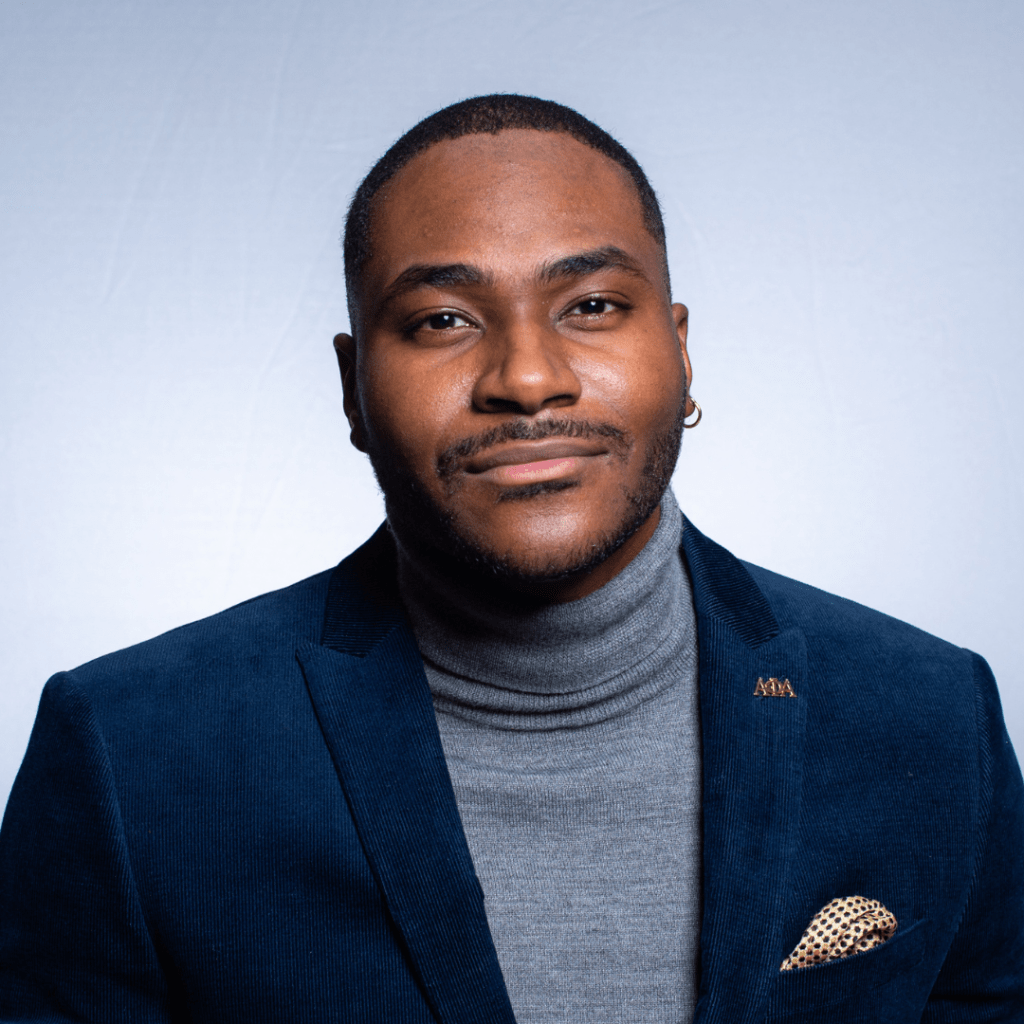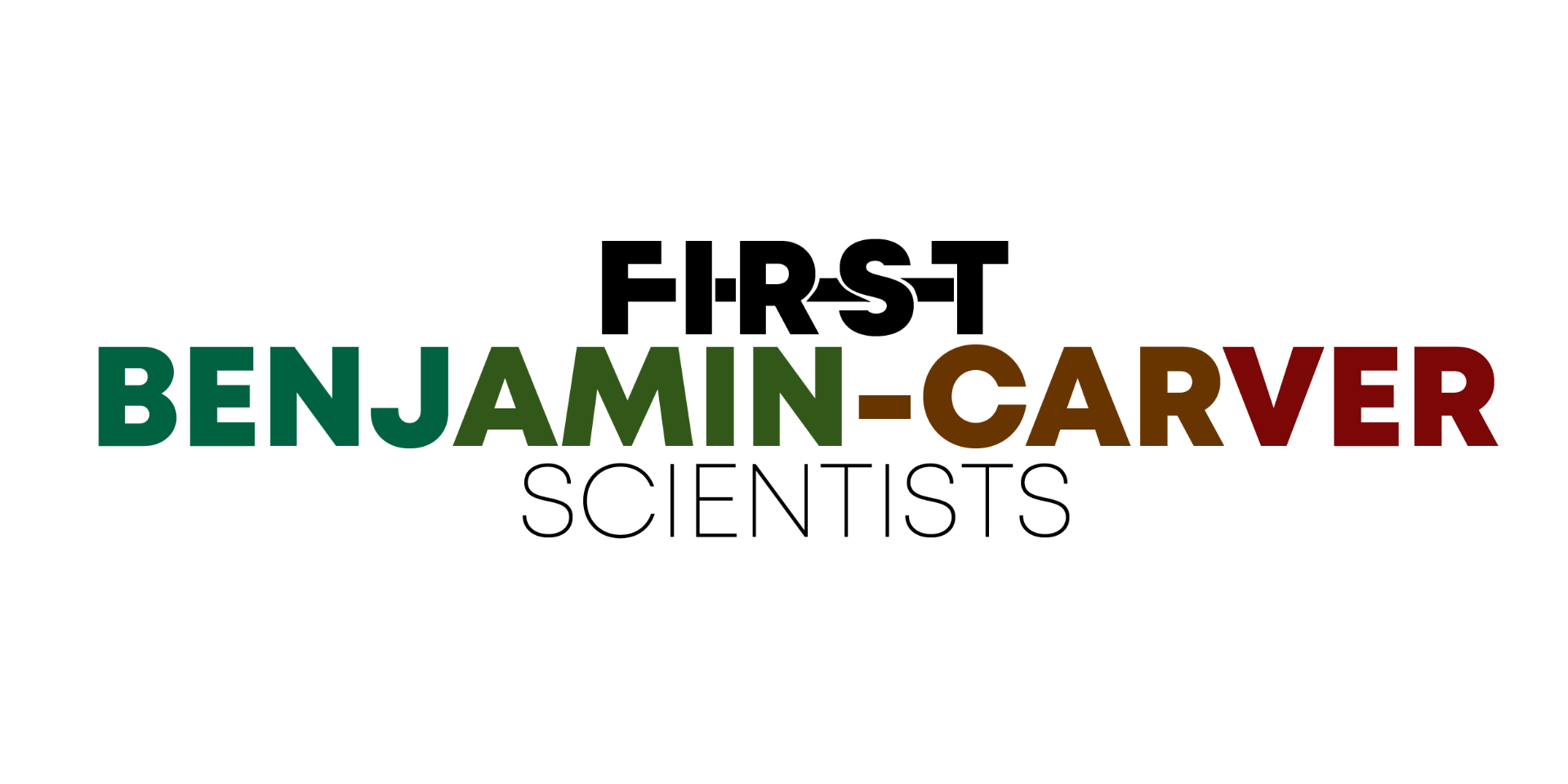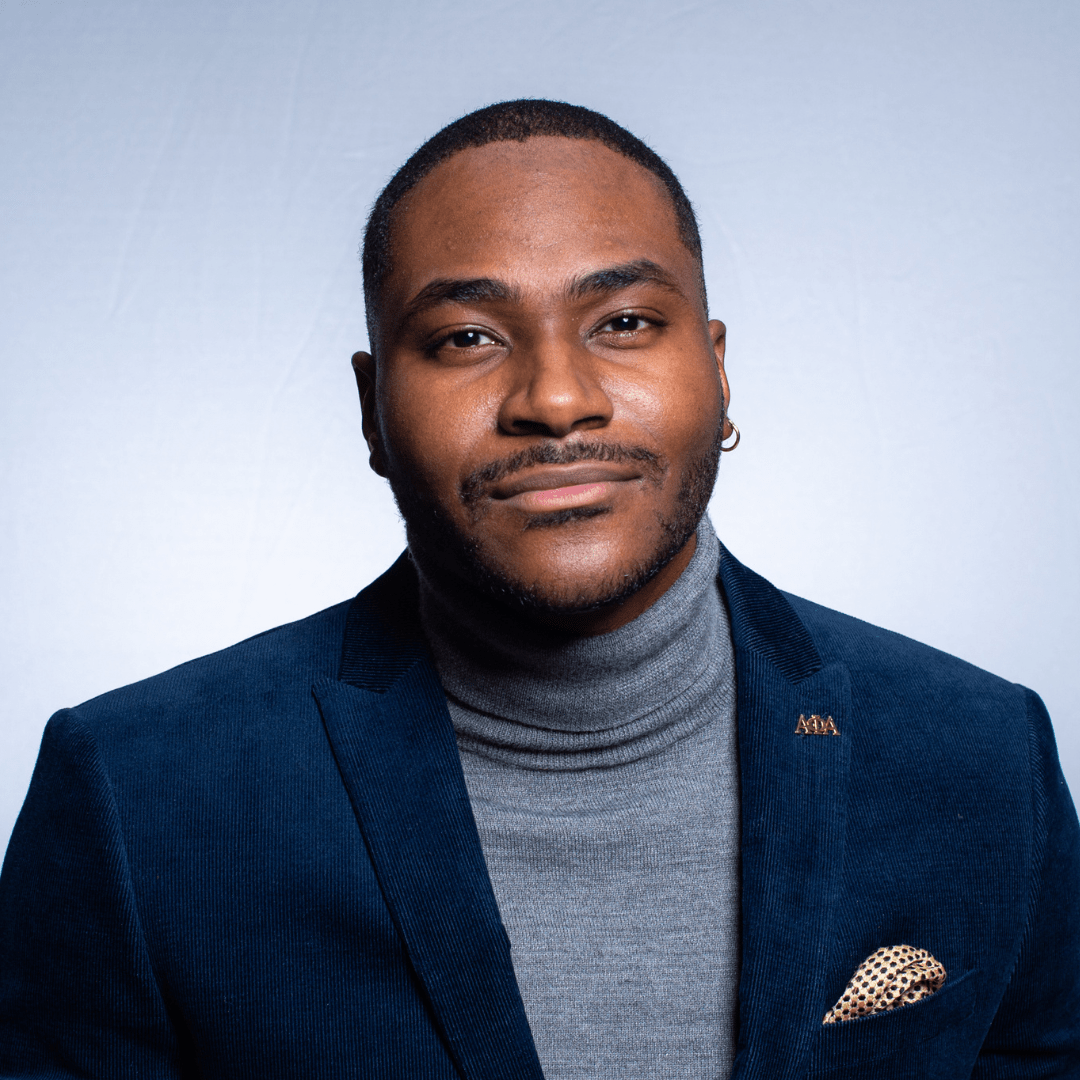Even as a child, Demario Overstreet, Ph.D. knew he would pursue a career in the sciences. After school, he would tune into the famed 90s television production – Bill Nye the Science Guy – to watch experiments, learn about natural science, and, to his greatest interest, listen to lessons about the human body and how it works. Now as a Benjamin-Carver FIRST Scientist, Overstreet is pursuing his lifelong dream to work in medicine.

About the FIRST Partnership
For over 20 years, the UAB Minority Health & Health Equity Research Center has translated the science of health disparities and healthy equity into better health for all, and nowhere is the need for such understanding more evident than in the deep South. UAB and Tuskegee University recognize the importance of having representation from individuals with different life experiences, perspectives and backgrounds and who have higher instances of heart disease, stroke, diabetes, cancer, and overall a higher mortality rate.
To cultivate inclusive excellence at both institutions, longtime partners—UAB and Tuskegee University—apply for and received funding from the National Institutes of Health Common Fund to establish a community of scientists committed to health disparity research. Throughout 2023, the Benjamin-Carver FIRST program has been actively recruiting faculty and welcoming them into their respective peer cluster community.
In this series, we’re spotlighting each of the Benjamin-Carver Scientists—sharing their educational history and plans for future research.
Meet Dr. Demario Overstreet
Demario Overstreet, Ph.D., obtained his Bachelor of Arts and Master of Science degrees from Alabama Agricultural & Mechanical University (AAMU), a historically black college and university (HBCU) in Huntsville, Alabama.
He then completed his doctorate in behavioral neuroscience from the University of Alabama at Birmingham. Overstreet is also a graduate of UAB’s NIH AHRQ-funded HSR T32 pre-doctoral program (2018-2021). After earning his Ph.D., he completed a postdoctoral research fellowship at Harvard Medical School and Brigham & Women’s Hospital in the Department of Anesthesiology, Perioperative, and Pain Medicine.
Overstreet is a 2023 recipient of the Benjamin-Carver Scientist Award through the UAB-Tuskegee FIRST award. His research examines the biopsychosocial model of pain, investigating how these factors independently and interactively impact the experience of acute and chronic pain in patients following surgical procedures. He is also currently researching mechanisms that contribute substantially to the disproportionate burden of pain in GI conditions (i.e., colorectal cancer and IBD) for women, racial minorities, and individuals living in poverty.
He joined the UAB Department of Surgery’s Division of Gastrointestinal Surgery in August 2023 as an assistant professor.
Pursuing the Answers to Perioperative Pain as a FIRST Scholar
Through three degrees and a postdoctoral fellowship through Harvard Medical School and Brigham and Women’s Hospital to study the biopsychosocial model of surgical pain. Through each of these experiences, Dr. Overstreet felt continually drawn to the human element of medicine – to understand how biological mechanisms impact behavior and how we interact with the world around us.
Looking back, Dr. Overstreet notes, “I was most excited to pursue a career in biomedical research because it afforded me the opportunity to combat the medical afflictions that ail all of humankind, especially those conditions that disproportionately burden communities of color and other minoritized individuals.”
As a Benjamin-Carver FIRST Scholar and Assistant Professor in the Division of Gastrointestinal Surgery, Dr. Overstreet specifically studies individual variability and disparities in surgical pain.
“I have thoroughly enjoyed my experience as a FIRST scholar/Benjamin-Carver Scientist. This program has paired me with an amazing primary mentor, Dr. Daniel Chu, in the Department of Surgery, and provided me with resources such as those required to collect pilot data. The program also helped me identify a mentoring team that will assist with various aspects of my development as an early-career scientist,” says Dr. Overstreet.
In addition to his research, Dr. Overstreet also has a passion for mentorship that began in his graduate school years. When advising students who might also want to pursue a career in research, he says, “I urge students and trainees to redefine their relationship with the word ‘failure.’ When pursuing biomedical research, you will have many days when your equipment malfunctions, a paper is rejected, a grant is not discussed/funded, or your experimental findings are not aligned with your hypotheses. You must use these experiences to fine-tune your scientific vision, research methodology, future studies, and grant submissions. This is what ultimately leads to scientific breakthroughs and success in academia.”
An avid reader, Dr. Overstreet recalls his favorite passage from poet Charles Bukowski and the inspirational meaning it holds for his career in academic medicine and the discoveries to come:
“If you’re going to try, go all the way. There is no other feeling like that. You will be alone with the gods, and the nights will flame with fire. You will ride life straight to perfect laughter. It’s the only good fight there is.”


